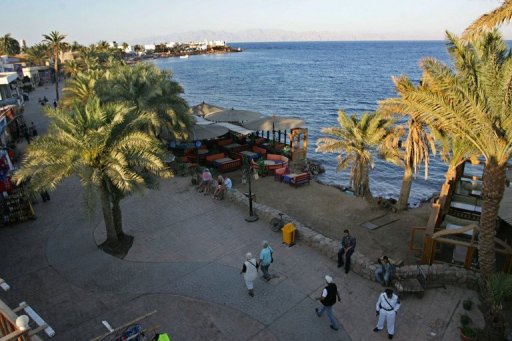CAIRO: The Military Criminal Court adjourned Sunday the trial of three soldiers accused of killing 14 protesters during the Maspero events to Jan. 29.
The soldiers are charged with crushing protesters with their armored personnel carriers (APCs) as they dispersed a mostly-Coptic protest last October, the Egyptian Initiative for Personal Rights (EIPR) said in a statement earlier.
“The military judiciary ignored the cases of 14 martyrs shot by live ammunition including martyr Mina Daniel and instead charged the three soldiers with manslaughter, which lacks the minimum level of guarantees for seriousness and justice in a fair trial,” EIPR said.
“It is a continuation of the trend of the ruling military council of denying any responsibility for the crime,” EIPR added.
EIPR accused the ruling Supreme Council of the Armed Forces (SCAF) of protecting military police officers from criminal responsibility and referring the three soldiers to the military court even before the general prosecution completes its investigation in the same case.
EIPR called on changing articles in the Military Judiciary Law to lift the protection of military officers who commit crimes against civilians and allow the general prosecution to question them instead.
The ruling military council denied in a press conference following the clashes that army forces used live ammunition against Maspero protesters, or that personnel intentionally used armored vehicles to run over civilians.
Speaking to the press, General Adel Emara said, “Soldiers driving armored vehicles were trying to avoid civilians who were throwing stones and Molotov cocktails at them.”
He also said they can neither confirm nor deny whether the army vehicles that crushed protesters were in fact being driven by army personnel or civilians who took control of the APCs. These issues were still under investigation, he said.
The general said that some of the protesters at Maspero used Molotov cocktails, gas canisters, swords and knives to attack the soldiers.
Running over protesters cannot be described as “systematic,” he said, neither can it be attributed to Egypt’s military.
Meanwhile, the military court is expected to resume on Jan. 15 the trial of one soldier accused of conducting forced virginity tests on seven female protesters inside military prison last March.
Samira Ibrahim, the only protester who filed a complaint against the violation, had won early December a court ruling ordering a ban on forced virginity tests on females inside military prisons.
Ibrahim has also filed another lawsuit before the Administrative Court against referring her to a military court which had handed her a one year suspended sentence in March.
A military court will hear an appeal on Jan. 10 in the case of protester Amr El-Beheiry who was one of the earliest victims of ad hoc military trials after being slapped with a five-year prison sentence. He was arrested by military police after the violent dispersal of a protest near Cabinet in February.
Activists have planned a solidarity march in Tahrir Square on Jan. 9 to call for El-Beheiry’s release.


